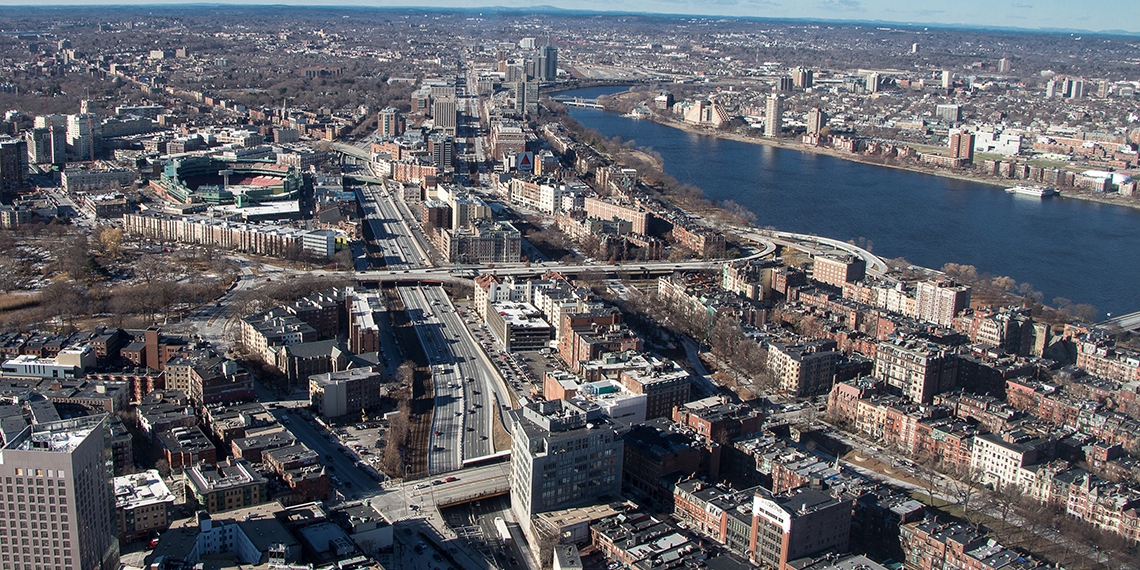
- On August 13, 2017
- In Affordable Housing
A Changing Neighborhood: Gentrification in the South End
Over the course of the past few decades, Boston has undergone extreme transformation, particularly in historic neighborhoods like the South End. As one of the oldest organizations in the area, IBA has had a front row seat to its changing landscape. Several large-scale developments are reshaping the South End, introducing more than 2,400 new apartments and condos, as well as high-end retail in the coming years. However, while change brings many benefits, such as more people and a thriving economy, it can also come with repercussions. One example is gentrification, or the process of renovating and shaping a district for middle and upper-class residents. As the cost of living increases in Boston, the first to bear the consequences are often hardworking low-income residents who become priced out of their communities. In 2015, Governing Magazine released a report on gentrification in major U.S. cities based on the criteria of rapidly rising home values and the number of residents with college degrees. The analysis showed that, between 1990 and 2000, 6.7 percent of areas in Boston, like the South End, with median incomes and house values within the bottom 40th percentile experienced gentrification. After 2000, that number grew even more to 21 percent. As costs continue to rise, it is important to explore ways to preserve affordability for existing residents. Under Mayor Walsh, there has been a concerted effort to preserve affordable housing in Boston through Imagine Boston 2030, a long-term urban renewal and development plan. It is encouraging to see from a recent report that the city is on track to gain 6,500 low-income housing units in the next 12 years. However, in the South End, as more developments are built, space for low-income housing is diminishing. One solution is for the Mayor to encourage developers to build more affordable units onsite, rather than put money towards low-income units off-site. As the neighborhood continues to transform, it is important to strike a balance that will benefit all members of society at a variety of income levels. Just as IBA was born out of community activists fighting displacement in the 1960s, we will continue to fight to preserve housing for low-income, minority residents nearly 50 years later. We are proud to be working to develop housing opportunities for low-income households and minority residents in Boston. For more information on how you can support IBA, please visit our page: /donate/...
